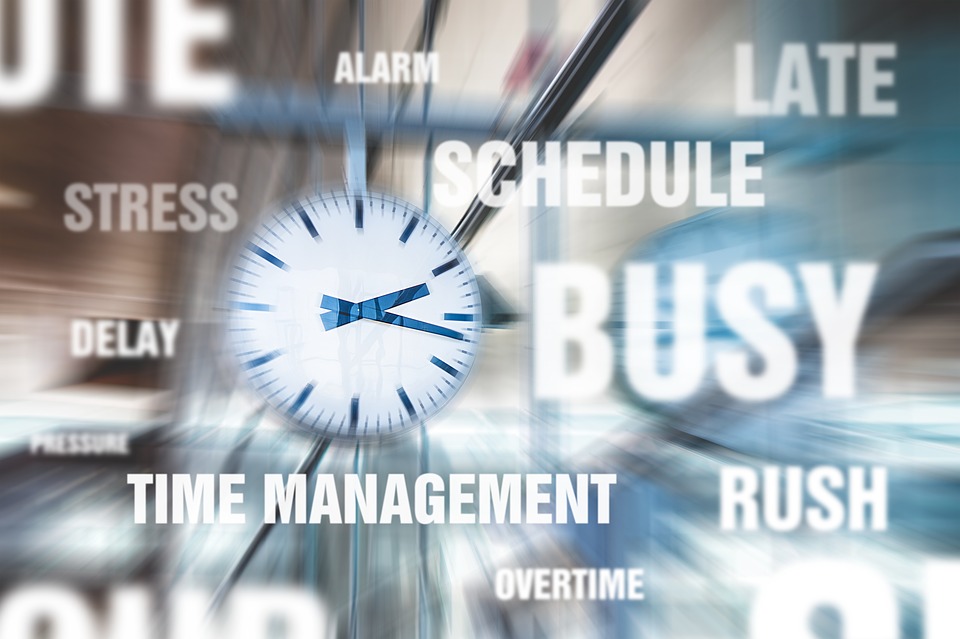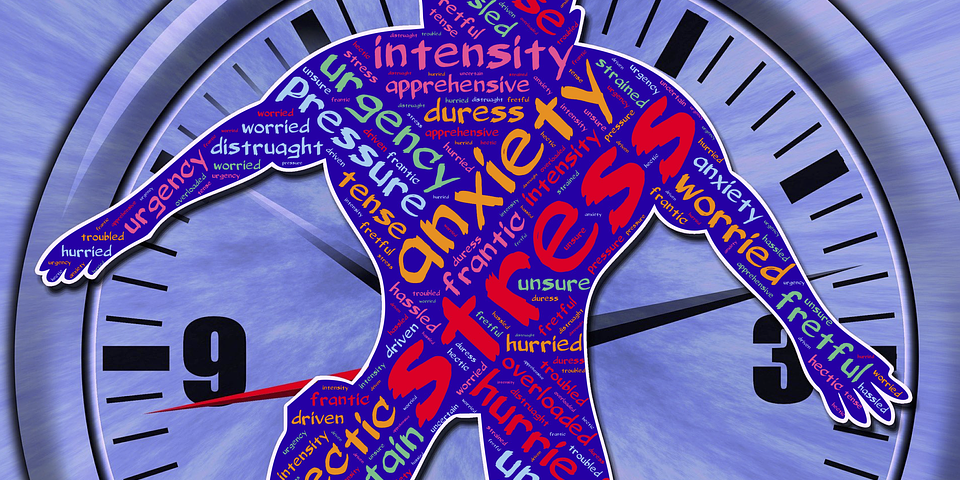Stress and Child Development: A Concern for Us All!

Threats to Global Public Health: Understanding What is at Stake.
August 13, 2019
Violence Against Children: A Global Cry for Help
September 11, 2019The United States Department of Health and Human Services states that “Ongoing research shows that adversity and high levels of stress in early childhood can have a negative impact throughout a person’s life. Stress in the very young may effect a child’s health, behavior, and ability to learn.”
Usually, I get ideas or inspiration for my blog from personal experiences, observations, and interaction with people of different backgrounds. Often times, I get questions about general public health concerns and some personal questions from people when I give talks. Recently, a question was asked of me and it brought about this write up. A mother came up to me and asked “Why is my 5 yr. old not reading yet? Should I be concerned about his developmental growth or any health-related issue? I had all these responses in my head but I knew I had to be as honest as I can be in my response i.e. not just tell her what she wanted hear. Below is the summary of our paraphrased conversation:
Mother: I have tried everything possible and nothing is working
Me: Do you know that children develop at different pace?
Mother: I know other 5 yr. olds who are fluent readers and mine just refused to pick up a book and read.
Me: You need to keep introducing books to your child by reading together and when he is ready he will start reading
Me: By pushing him hard, you might actually be stressing your child which can make him shut down all together.
Me: You need to let your child be and it is perfectly fine for a child not to read at age 5! There is no set time for this kind of development. It is a natural process that will happen when the time is right.

Stress is not always a good thing but it is not always bad either. There is good and bad stress. It is important to note the difference because good stress can actually help children to build confidence, self-esteem, rise to challenges, and resolve problems. This is the kind of stress that naturally, the body can manage and control. On the other hand, bad stress which is the focus of this blog can have negative lasting effects on a child’s developmental growth.
The Urban Child Institute (UCI) a non-profit organization dedicated to promoting the health of Mid-South children states “Stress endangers young children’s brain development. Persistent stress – sometimes called toxic stress – can interfere with the formation of the connections and networks that support thinking and learning.” In my opinion, this quote should be a guide for parents in terms of how we manage our children -especially children under age 10.
The encounter I had with the above parent made me realized that children are under immense pressure in today’s society when compared to when I was growing up. The high expectations, the back to back after school activities and the enormous pressure we put on these poor children are comparable to none.

No one is slowing down, parents have gotten carried away by bombarding the children with things that will trigger stress and are oblivious to the fact that we are doing harm to their critical stage of development. What happened to creating warm environment, positive parenting and let the kids be kids? So what, if the child is not reading at age 5? Who cares, if a child doesn’t know how to ride his bicycle at age 9? Who cares, if a child gets a D in math?
The point is that there is not set times for all these events, children grow at their own space and as the adult in their lives, we need to provide that love, support they need to reach each milestone in life. Prolong stress can result in anxiety!
Events in the early years of children are critical as they shape the development and future occurrences. It is therefore important to provide essential opportunities through services and programs to children and families that will shape lifelong health and improve overall outcomes. Children should be protected from prolong stress because it can lead to anxiety and have a negative impact on their mental and overall physical health.
I shared this exchange because I know this is a common practice amongst parents. I think we as parents get carried away most times by not focusing on what matter the most but instead comparing our children to others. If you noticed your child is withdrawn or showing signs of depression, please seek professional help!
Signs and Symptoms
Some behavioral changes include:
- Mood swings
- Acting out
- Changes in sleep patterns
Some physical changes include:
- Stomach aches and/or headaches
- Trouble concentrating or completing school work
- Spending time alone or withdrawn ~Source: kidshealth.org
Common causes of childhood stress
- Big Changes in the Family such as death in the family, divorce, moving etc.
- Parental Instability such as parental agitation, money and job problems
- Overly-Packed Schedules Such as back-back activities
- Academic Pressure i.e. children experience stress and anxiety from wanting to do well in school
- Popularity i.e. wanting to fit in with other groups
- Bullying ~Source: verywellfamily.com
Stress can affect children developmentally and it is important to note that children respond differently to stress depending on their age, individual personalities, and coping skills.
Ways to help your child cope with stress
- Make your home a calm, safe and secure place to come to.
- Create a relaxed home atmosphere and commit to a routine. Family dinners or game nights can prevent anxiety and help relieve stress.
- Involve your child in social and sports activities where they can succeed.
- Allow for opportunities where your child can have control over a situation in their life.
- Adopt healthy habits such as exercise and self-care to manage your own stress in healthy ways. Children often mimic their parents’ behaviors.
- Provide affection and encouragement.
- Use positive reinforcement and methods of discipline that promote healthy self-esteem.
- Learn to really listen to your child without being critical or solving problems for them. Provide guidance to teach your child ways to understand and solve the problems that upset them.
- Good nutrition and adequate rest ~Source: verywellfamily.com

